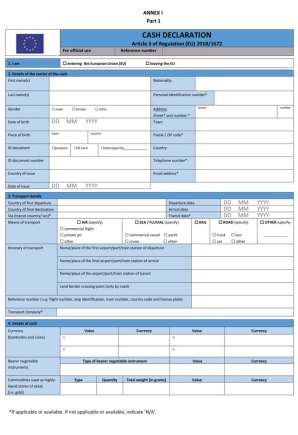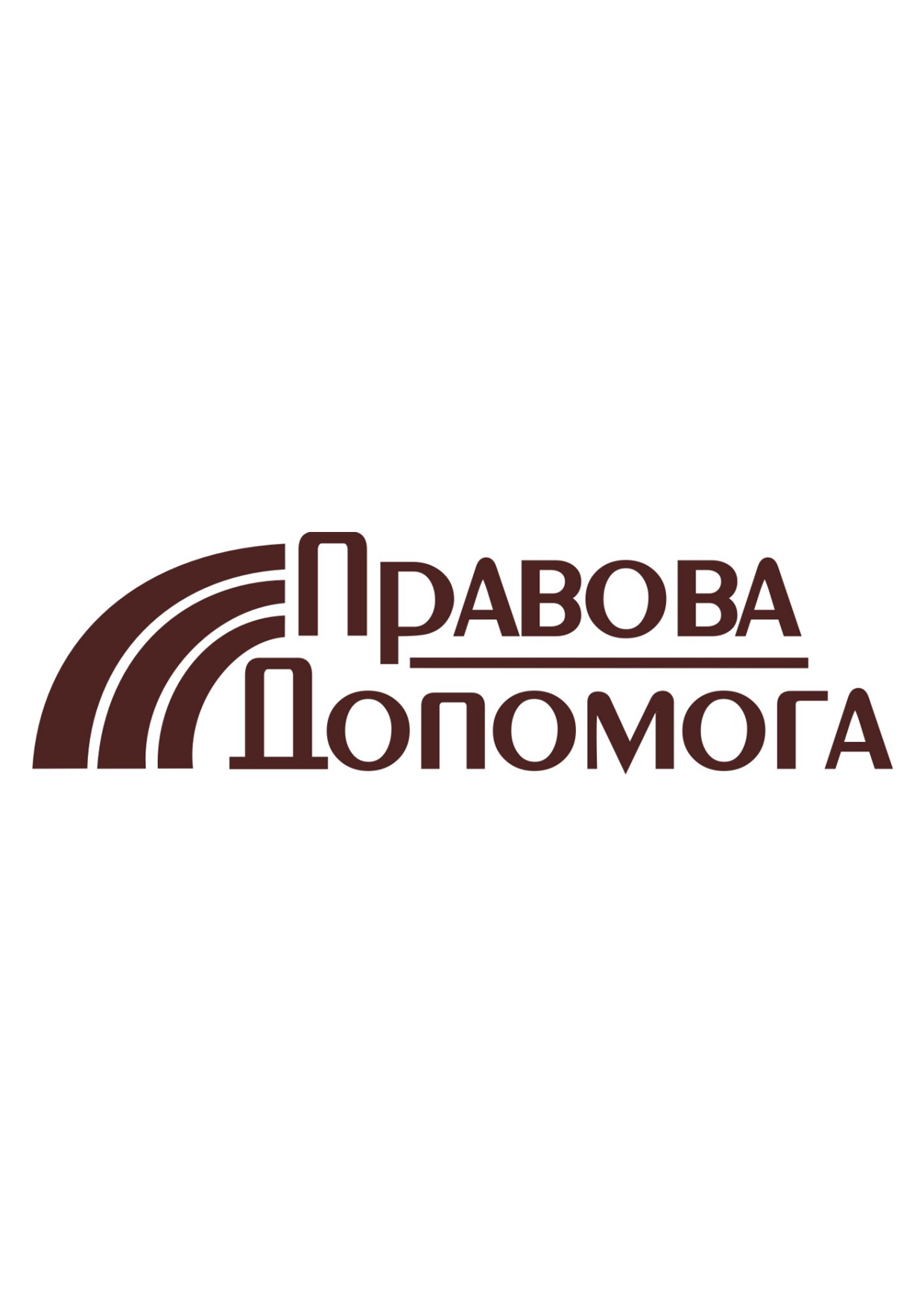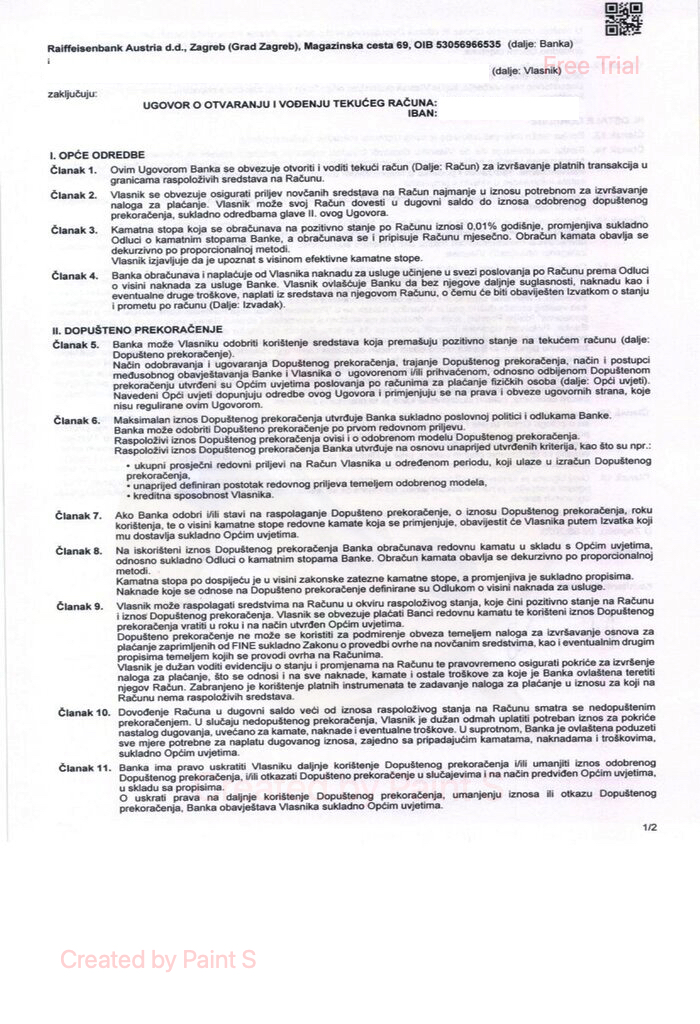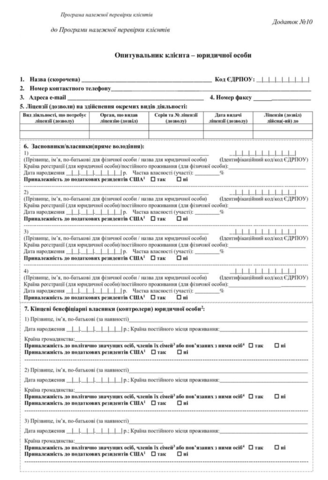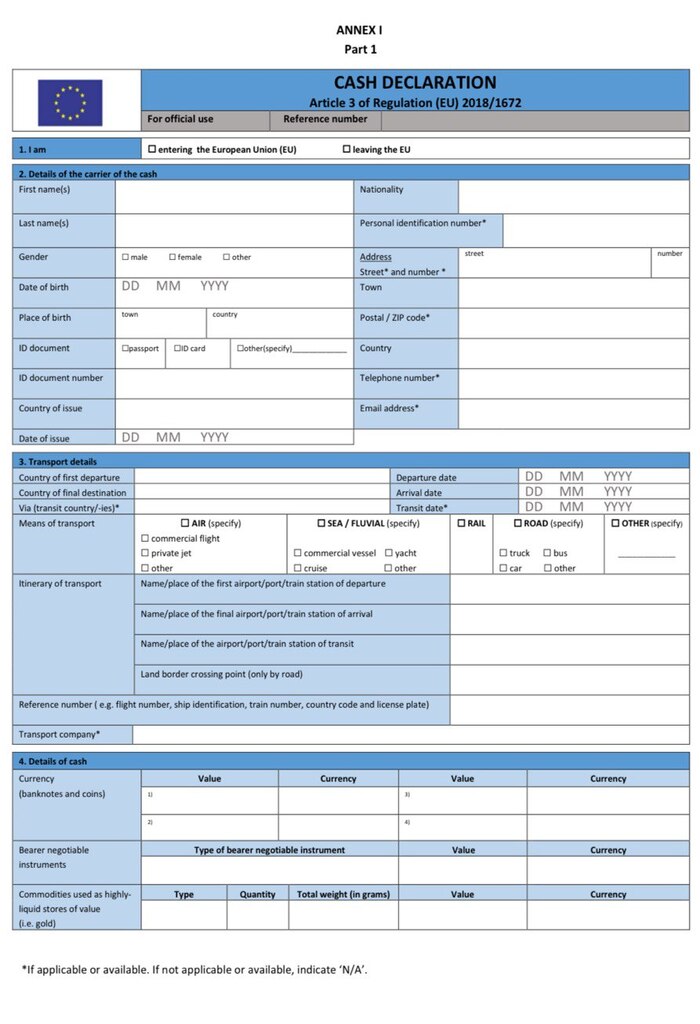Currency Operations for Payments from Ukraine: What is Allowed
Cost of services:
Reviews of our Clients
... our work on joint projects assured us of your high level of professionalism
Entrepreneurs and companies working with foreign partners must adapt to the evolving currency regulations in Ukraine, especially under martial law, which has prompted new decisions by the National Bank of Ukraine (NBU). These changes can significantly impact business stability and the effectiveness of international cooperation. When seeking legal advice, our clients aim to ensure full compliance with legislative requirements when conducting currency operations from Ukraine. In this article, we will examine:
- The restrictions on currency operations currently imposed by the NBU.
- The revised rules for payments related to goods, services, loan repayments, and dividends.
- Essential knowledge for entrepreneurs to successfully execute international currency transactions.
Additionally, you’ll learn how our legal services can help you avoid errors, save time, and ensure the reliability of your financial transactions from Ukraine to abroad. Read on to understand the new regulations and successfully adapt to the changes.
You might also like: How to Legally Transfer Money Abroad: What You Need to Know
What Is Critical Import, and What Goods and Services Does It Include?
Since the beginning of military actions, the National Bank of Ukraine (NBU) has introduced strict restrictions on currency transactions to safeguard the economy and prevent uncontrolled capital outflow.
Previously, critical imports were a key component of the list of permitted currency transactions. Critical imports encompass categories of goods and services identified as essential for the economy and society during a state of emergency. These include items indispensable for meeting basic population needs, maintaining infrastructure functionality, and ensuring national security.
The objectives of the critical import mechanism included:
- Maintaining domestic stability (ensuring the population has access to essential goods, such as food, medicine, and other vital products).
- Preserving economic balance (minimizing foreign currency outflows to support the stability of the national currency, the hryvnia).
- Streamlining currency control (reducing the burden on currency transaction systems by restricting payments to high-priority areas.).
- Addressing state needs (allocating resources to support the military, defense industries, and critical infrastructure projects).
At the same time, this category included not only essential goods such as food, medicine, and fuel but also an extensive range of services, effectively enabling the legal transfer of funds abroad. For instance, it allowed payments for:
1. IT Services:
- Subscriptions to software (e.g., Microsoft, Adobe, AWS, Google Cloud).
- Hosting, domain registration, and cloud computing services.
- Software development and maintenance by foreign companies for Ukrainian clients.
- Payments for international logistics, including freight transportation and customs clearance.
- Fees for international law firms for transaction support or litigation assistance.
- Payments for advertising and promotion on global platforms such as Google Ads and Meta (Facebook, Instagram), particularly when connected to export revenue.
In Ukraine, critical imports were regulated by Cabinet of Ministers Resolution No. 153, dated February 24, 2022, titled "On the List of Goods of Critical Import." This resolution defined the goods and services considered essential for the country during martial law. On July 7, 2022, the Cabinet of Ministers adopted a resolution revoking the list of goods categorized as critical imports. This decision came into effect on July 9, 2022, allowing businesses to purchase foreign currency and make payments for the import of goods without restrictions. However, the resolution remained applicable to services. Subsequently, on May 7, 2024, the government ended its application to services as well. As a result, this resolution is no longer in effect for either goods or services.
You might also like: Confirming the Source of Funds: When It’s Required and How to Do It
What Currency Transactions Are Permitted for the Import of Goods and Services in Ukraine?
Currency regulations in Ukraine are primarily governed by the National Bank of Ukraine Resolution No. 18, dated February 24, 2022, titled "On the Operation of the Banking System During Martial Law." This document enforces strict restrictions on transactions while allowing specific operations deemed critical for maintaining economic stability and fulfilling Ukraine's international obligations. Key categories of permitted transactions include:
1. Transactions Related to the Import of Goods and Services
- Payment for imported goods: Payments are authorized for goods delivered after February 23, 2021. These payments may also cover associated costs such as transportation, penalties, and compensation for damages resulting from contract breaches.
- Services associated with imports: Payments for essential transport and logistics services required to facilitate the delivery of imported goods are permitted.
2. Loan Repayments
- Repayment of the principal loan amount and accrued interest is permitted under the following conditions:
- The loan was issued before June 20, 2023.
- The borrowed funds were deposited into accounts in Ukrainian banks.
- There was no overdue debt as of February 24, 2022.
- The terms of the loan agreement specify that the relevant interest payments became due on or after February 24, 2022.
- Payments for overdue interest as of May 1, 2024, are allowed but are limited to 1,000,000 euros (or the equivalent in another currency at the NBU exchange rate) per calendar quarter.
- Repayments for loans obtained after June 20, 2023, are allowed only if all conditions set by the regulator are met.
3. Payment for Services
- Educational services: Payments for tuition fees and related expenses, including accommodation, medical care, and transportation.
- Medical services: Payments for treatment, rehabilitation, and associated costs incurred abroad.
- Insurance services.
- Consular services.
- Sports services.
The payment of dividends to non-residents from Ukraine in 2024 is regulated by National Bank of Ukraine (NBU) Resolution No. 56, dated May 3, 2024. As stipulated by this resolution, starting May 4, 2024, businesses are allowed to repatriate dividends accrued from activities conducted on or after January 1, 2024. Additionally, a monthly limit has been established for the repatriation of dividends, no more than 1,000,000 euros (or the equivalent in another foreign currency).
Ukraine is transitioning from a simplified critical import approach to a more complex and comprehensive system of currency operations. This change reflects the need for a flexible economic policy focused on recovery and modernization during wartime. To successfully adapt to these new conditions and ensure the reliability of your currency transactions, professional guidance is crucial. We provide the following services:
- Analysis of Business Activities: Conducting legal and financial evaluations of the paying entity to determine the grounds and amounts eligible for payment to non-residents.
- Tax Advisory and Optimization: Optimizing taxation for payments to non-residents, including leveraging international double taxation treaties. Preparing comprehensive documentation to confirm eligibility for reduced tax rates on repatriation.
- Currency Transaction Support: Assisting in the preparation and submission of documents for currency transactions, including communication with banks and filing required applications with the National Bank of Ukraine (NBU).
Contact us to minimize risks, save time, and receive expert legal support for every stage of your business operations in Ukraine and abroad.
Our clients



